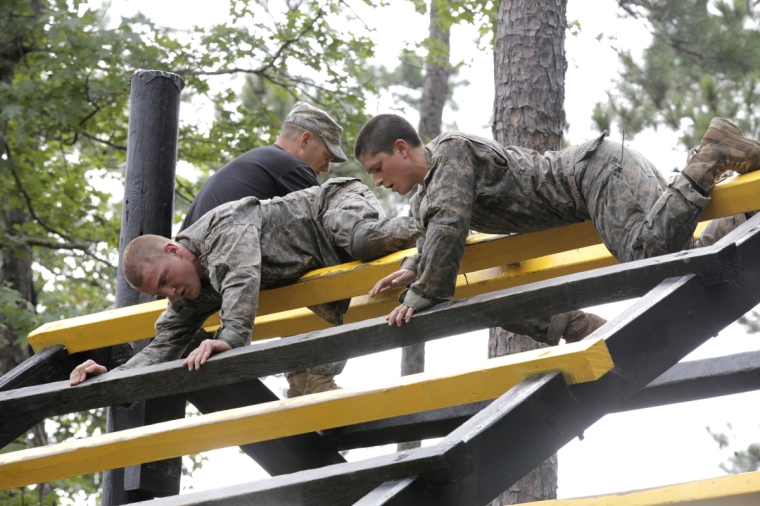Defense Department mulls requiring American women to register for draft

WASHINGTON, D.C. (Christian Examiner) – After the landmark Dec. 3 decision of the United States military to allow women access to all combat roles, Americans are wondering whether women will now be subject to the draft.
The answer, which would require the Selective Service Act to be altered, could be yes.
"As long as they qualify and meet the standards, women will now be able to contribute to our mission in ways they could not before," Defense Secretary Ash Carter announced in a news conference, Reuters reported.
"They'll be allowed to drive tanks, fire mortars, and lead infantry soldiers into combat," Carter said. "They'll be able to serve as Army Rangers and Green Berets, Navy SEALS, Marine Corps infantry, Air Force parajumpers and everything else that was previously open only to men."
Currently, the Selective Service Act requires most men between the ages of 18 and 26, including noncitizen residents, to register — but women are exempt.
President Obama said in a statement women had previously had access to 90 percent of jobs, and now the final 10 percent was open to them because they "have proven that they, too, are qualified, ready and up to the task."
The Defense Department released a detailed legal analysis of the ramifications of opening all combat positions to women, including its effect on the draft, which has not been levied since the Vietnam War. "The landscape on the assignment of women has changed since Rostker was decided," the analysis claims. Rostker v. Goldberg was a 1981 Supreme Court case considering the constitutionality of the male-only draft.
"I know that this change, like others before it, will again make our military even stronger," the President said, referencing the end of the "Don't Ask, Don't Tell" policy. "Our armed forces will draw on an even wider pool of talent. Women who can meet the high standards required will have new opportunities to serve."
AN ALTERED 'FACTUAL BACKDROP'
"The opening of all direct ground combat positions to women further alters the factual backdrop of the Court's decision in Rostker," the Department of Defense analysis concludes.
Carter said at the Pentagon news conference he did not know how the question of the draft would be answered, calling the Selective Service Act a "matter of legal dispute right now," according to the Washington Post. He said it was "unfortunately" the subject of ongoing litigation.
The Defense Department's analysis does not make a recommendation about whether the Selective Service Act should be altered. White House spokesman Josh Earnest said, "We're going to work with Congress to look at that analysis, to review it, to get others' opinions and determine if additional reforms or changes are necessary in light of this decision."
"People are assigned to missions, tasks and functions according to need as well as their capabilities," Carter said. "And women will be subject to the same standard and rules that men will."
The announcement has been in the works for three years, Reuters reports, crediting the Afghanistan and Iraq wars with its delayed implementation. About 300,000 women were deployed to conflict zones, it said, and constituted about two percent of U.S. casualties.